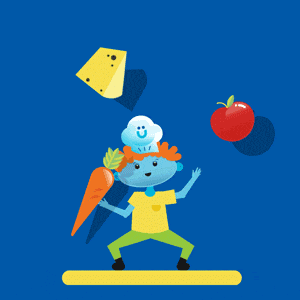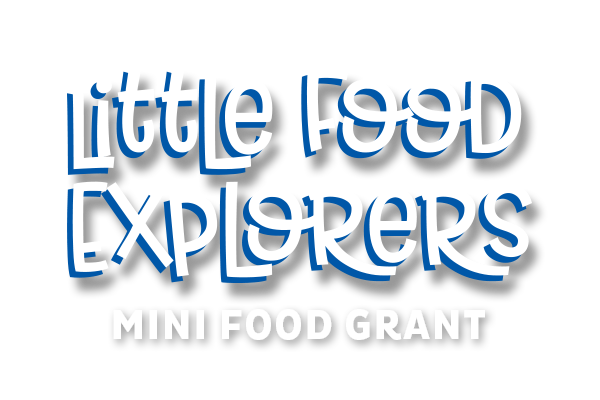Details
PRESCHOOL: PRESCHOOL
We want to help cover the costs of the ingredients and supplies for the Little Food Explorers program in your child care facility*!
Child care facilities who are using Nüton’s Little Food Explorers program can apply for a mini food grant each year.

Please tell us how this mini food grant will enhance your Little Food Explorers nutrition education program. No need to reinvent the wheel; consult your program guide for ideas or tell us about your own plan. We want a clear picture of how you are going to get your children involved in the preparation and mealtime environment! Unsure what to include in your application? We have an example below of what you could include in your mini food grant.
* Please note that this grant is modest and is intended for educational and food sampling purposes. It is in no way intended for, or capable of, addressing food security concerns.

Nutrition is a cross-curricular topic. Meet outcomes in many other subjects while teaching nutrition.
Contact us to learn moreApply Now
Little Food Explorers Mini Food Grant
Home Connections
Frequently Asked Questions:
Tips to build a successful application
Be sure to mention how you will use one or more of the following key nutrition principles:
- Use a neutral approach with food: There is a great deal of research to support using a neutral approach and exposure to food, rather than identifying foods as “good”, “bad” or “junk”. Food is one of the great pleasures in life and if we label foods, we may set the stage for unintended negative consequences.
- Avoid using food as a reward: There is good evidence to show the benefit of avoiding the use of bribes to encourage good behaviour.
- Offer opportunities to taste without pressure: When it comes to food in your child care facility, it’s a good idea to allow all children an equal opportunity to taste, without pressure to have "just one bite." Let each child decide if he/she will taste a food or not.
- Use commonly available foods: Exploring affordable and readily available foods further strengthens nutrition education. The recipes and ideas in the Little Food Explorers program guide have been successfully introduced by ECEs in the child care setting.
- Use age-appropriate activities: As with anything else, using age-appropriate activities support behaviour change and life-long learning. The Little Food Explorers program provides children with hands-on experiences and pressure-free opportunities to taste a variety of foods. Experiential, hands-on learning is appropriate for this age. Content such as food classification and reading labels is important, but is best suited for older students.
Consult your program guide for more on the above principles and always feel free to get in touch with us at nuton.mb@dfc-plc.ca

